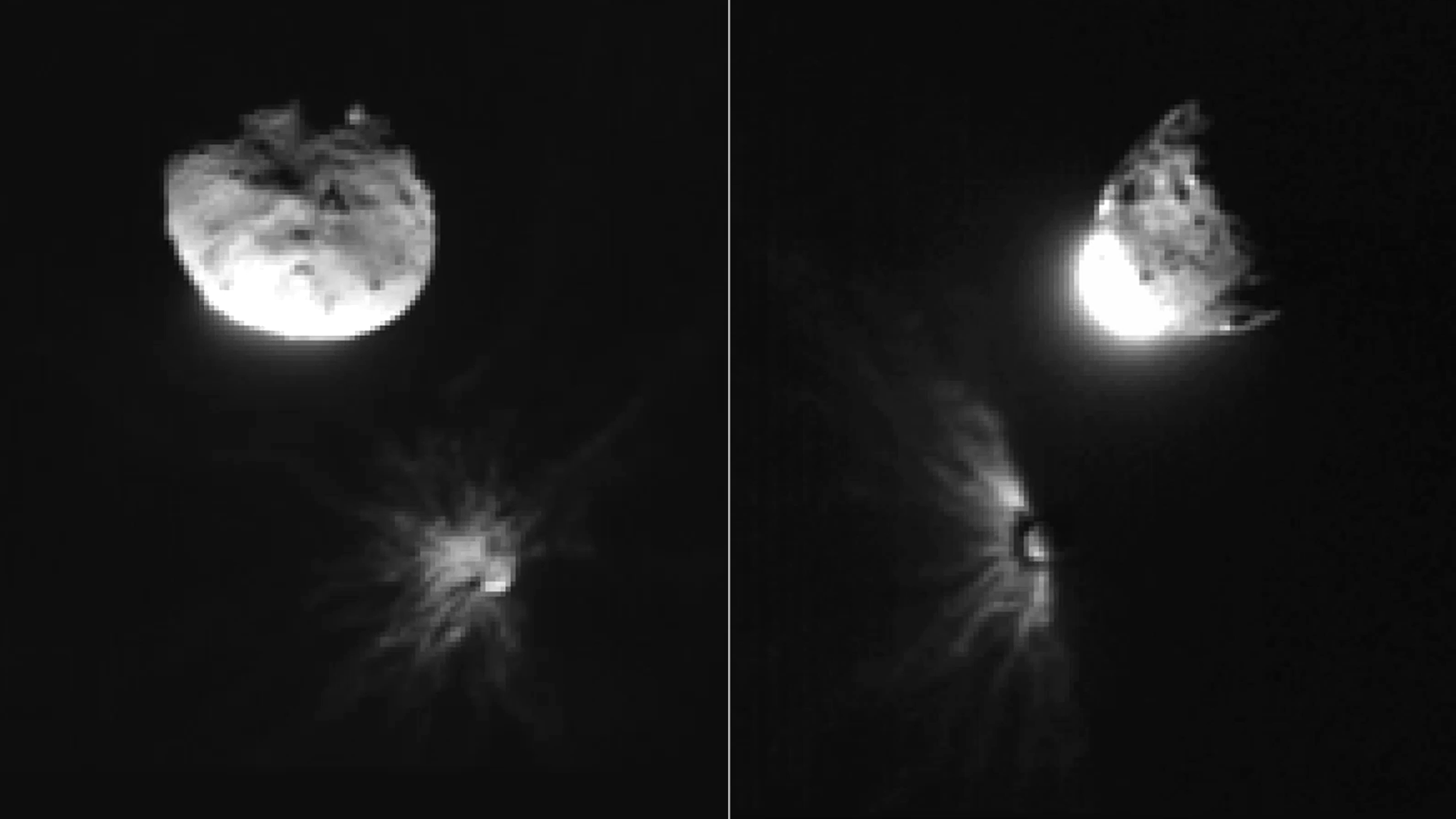Scientists on Wednesday warned that abrupt and potentially irreversible changes are occurring in Antarctica. They said the changes, which are driven by climate change, could lead to “catastrophic consequences for generations.”
The research was published in the journal Nature. It sought to describe the interlocking effects of global warming on the Antarctic, the frozen continent at the planet’s South Pole.
The “overwhelming evidence of a regime shift in sea ice” means that, on current trends, Antarctica could essentially become ice free in summer sooner than the Arctic, the study found.
This will speed up warming in the region and beyond, and could push some marine species toward extinction.
“Antarctic sea ice may actually be one of those tipping points in the Earth’s system,” said the study’s lead author Nerilie Abram, a former professor at the Australian National University (ANU) and now chief scientist at the Australian Antarctic Division.
The study warns that curbing global carbon dioxide emissions would reduce the risk of major changes in the Antarctic but still may not prevent them.
“Once we start losing Antarctic sea ice, we set in train this self-perpetuating process,” Abram said. “Even if we stabilize the climate, we are committed to still losing Antarctic sea ice over many centuries to come.”
What did the study say?
Researchers gathered data from observations, ice cores, and ship logbooks to chart long-term changes in the area of sea ice.
A “rapid and substantial slowdown” of the currents has already begun.
“This would lead to widespread climate and ecosystem impacts,” ranging from an intensification of global warming to a decrease in the ocean’s capacity to absorb CO2, the study reported.
Will it affect wildlife?
Some 90% of the heat generated by manmade global warming is soaked up by oceans.
Since 2014, sea ice has retreated on average 120 kilometers (75 miles) from the continent’s shoreline.
Loss of ice is harming wildlife, including emperor penguins, who breed on the ice, and krill, which feed below it.
And warming waters will further reduce phytoplankton populations that draw down vast quantities of carbon from the atmosphere, the study reported.
Edited by: John Silk
Source link


